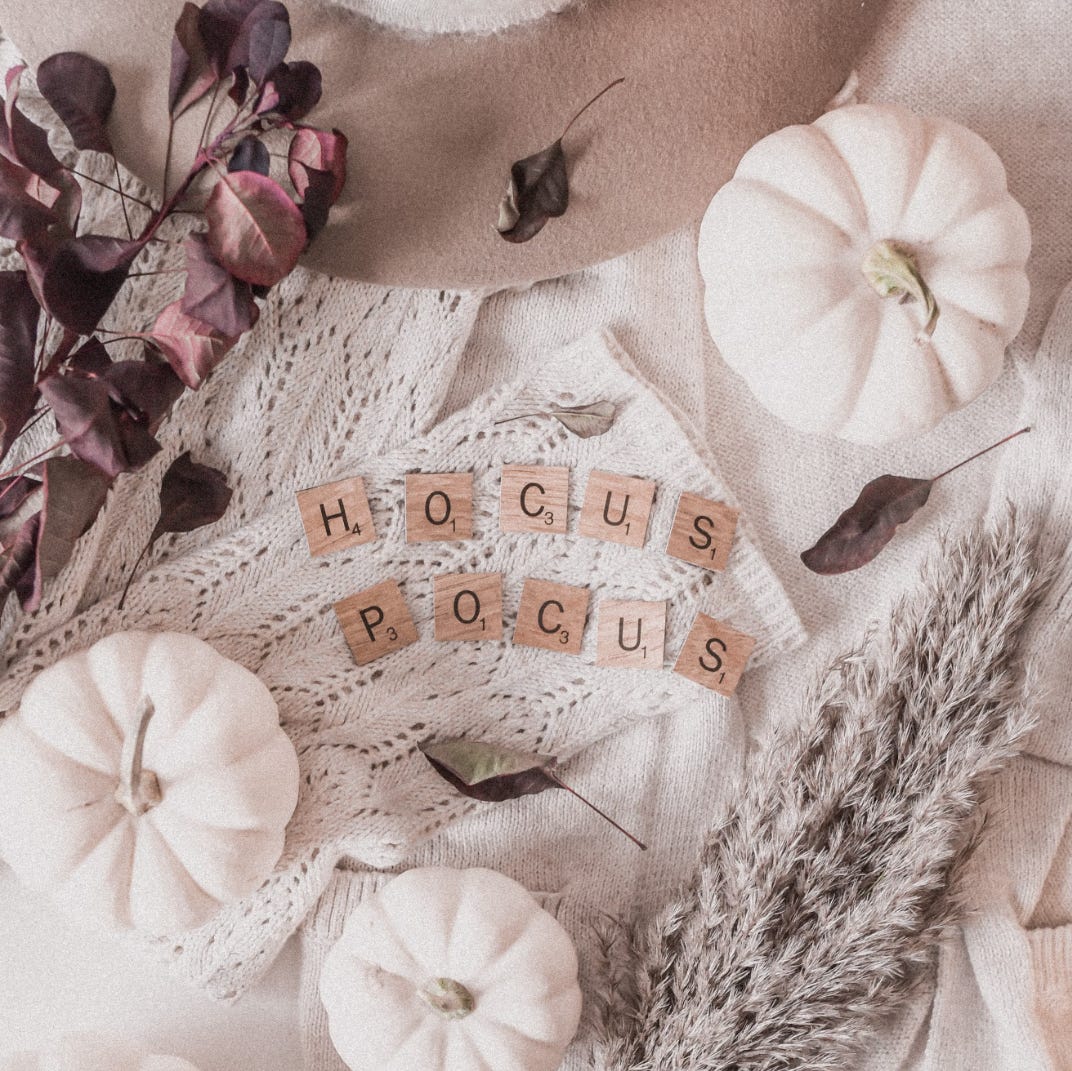Doctrinal Issues Work Out Our Particularity
Avoid Using Them to Mock Another’s Faith
Here’s one you may not have known: the peculiar phrase “hocus pocus,” which we understand to be a faintly derogatory way of referring to a magician’s illusion, evidently has its root in the Latin mass’s communion blessing hoc est corpus meum. That blessing repeats Christ’s words, this is my body. Yes, the funny phrase hocus pocus may have originated as a way to mock the Catholic doctrine of transubstantiation, the moment in communion when the bread becomes Christ’s body, as the wine becomes his blood. Sad, in a way, that our language hides these sleights and prejudices around disagreements over profound religious doctrine, disagreements that we should instead consider with sensitivity and respect.
The doctrinal disagreement over transubstantiation, whether the bread becomes Christ’s body and the wine his blood, or whether instead the holy elements are merely representative, isn’t quite a neat Catholic versus Protestant divide. When the phrase hocus pocus gained popularity in the 17th century, transubstantiation was indeed a political hot potato dividing many Catholic, Anglican, and Protestant churches. But the issue has generally been more subtle than a clear, sharp divide. Some Protestants, for instance, came closer to accepting transubstantiation with the doctrine of consubstantiation, Christ in or coexisting with the bread and wine. And Protestant denominations differ over what happens in communion, just as Protestants can differ with Catholics. On the other hand, some Catholics have interpreted the church’s catechisms and councils as treating transubstantiation as a matter of doctrinal preference or choice, meaning to some that Catholics may honorably disagree among themselves without risking excommunication.
The Orthodox Church, or much of it, may be closer to the dominant Catholic position, in that many Orthodox believe Christ to be truly and really in communion’s bread and wine, although not pointing to the incantation of “this is my body” as necessarily being the moment at which his presence imbues the holy elements. Orthodox may regard the elements as worthy of veneration throughout the process of their preparation and dispensation. But so, too, may many Protestants treat the elements with reverence. These doctrinal questions are important. But so, too, is the reverence, the communion with Christ, and the communion with fellow believers. And let’s be respectful when we disagree. No more hocus pocus.






Good words!